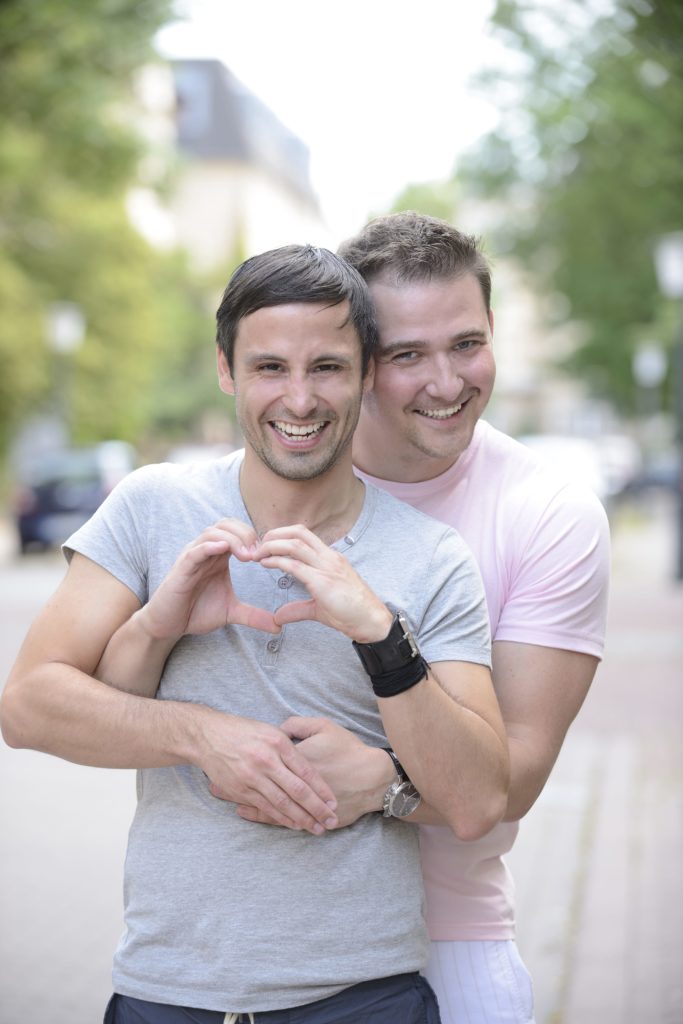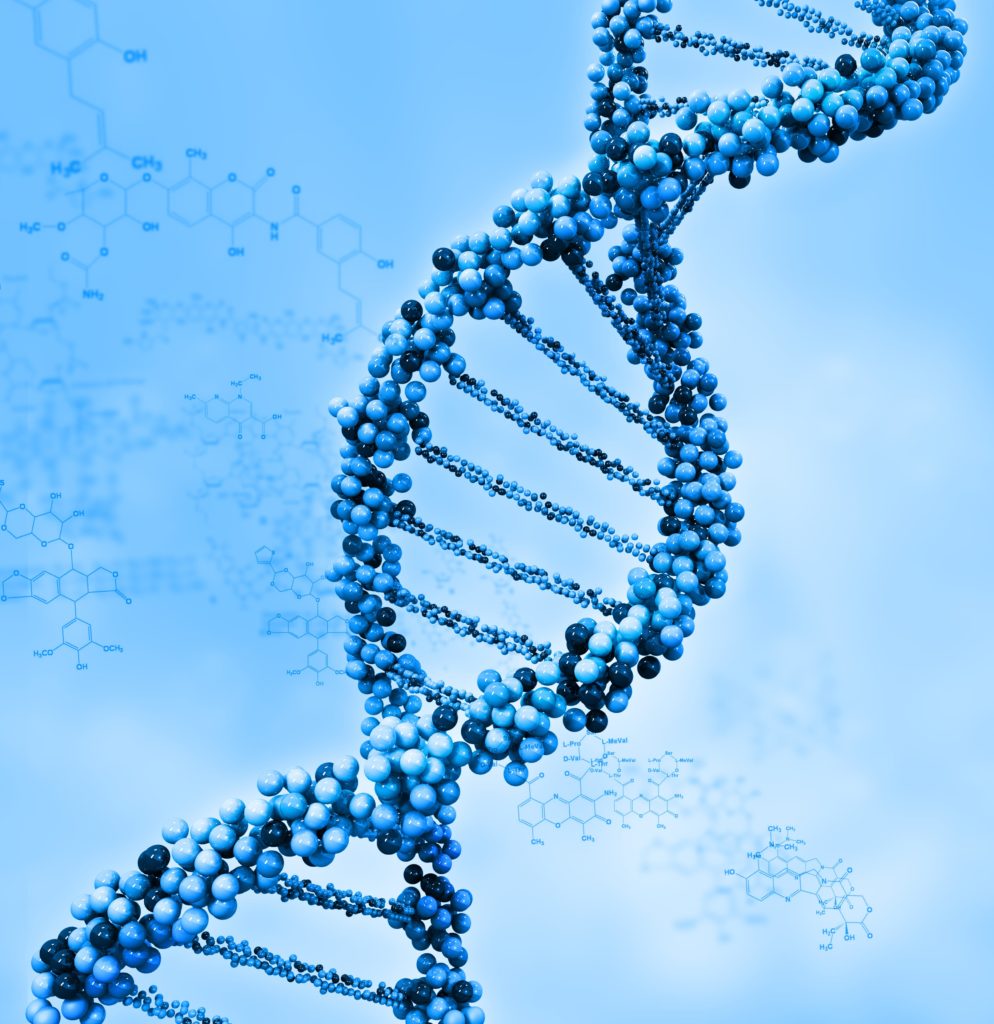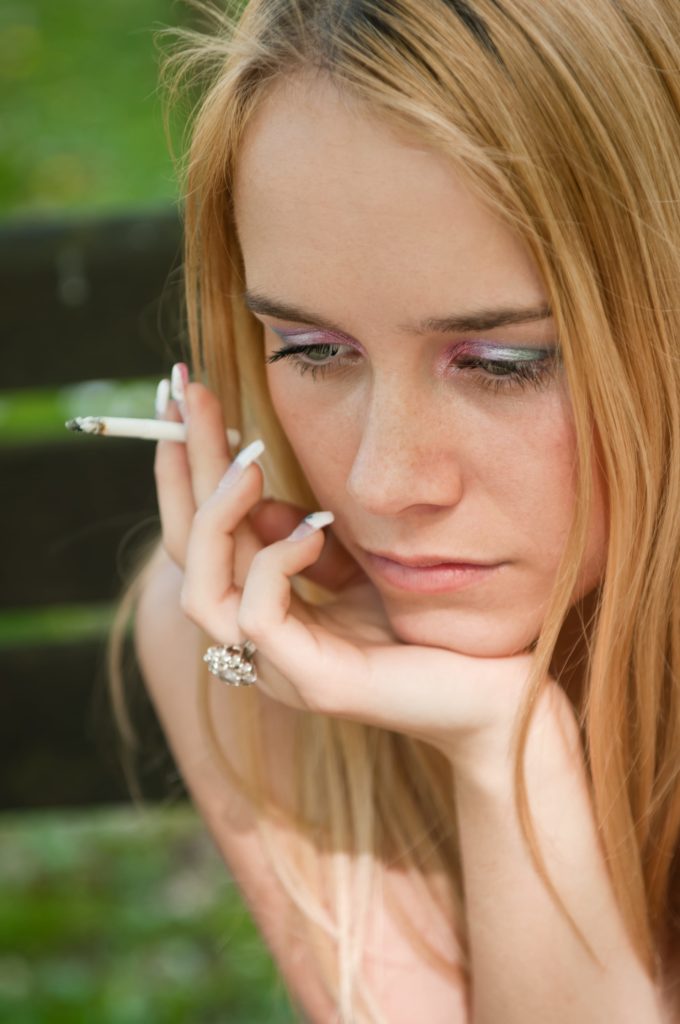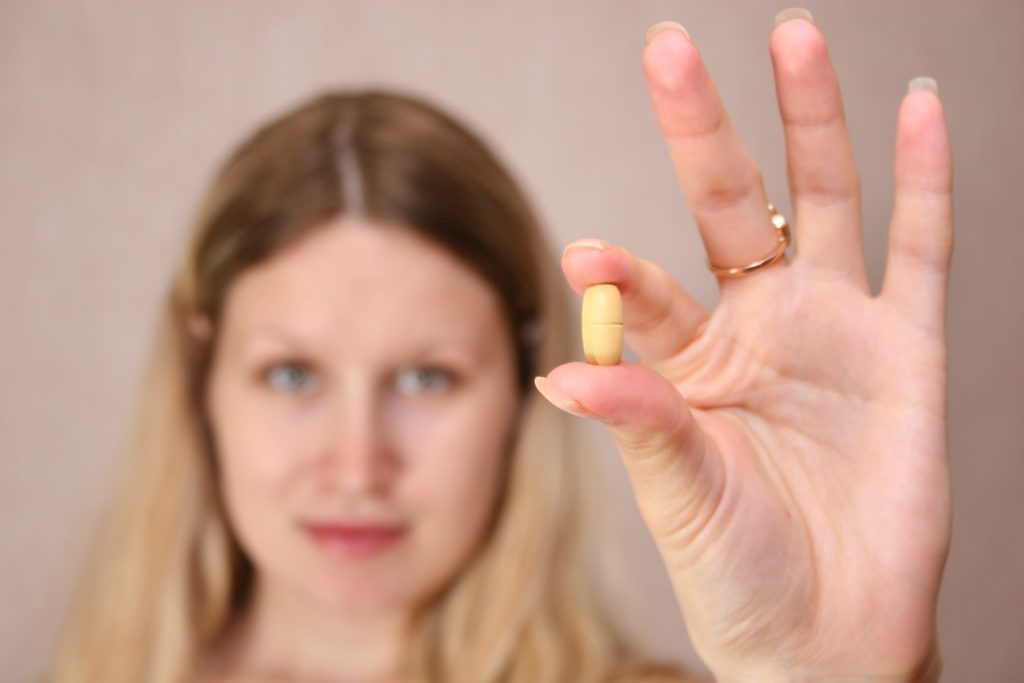Depression is a serious condition that affects millions of Americans every year. Although it knows no boundaries with regards to race, gender, socio-economic status, or education, some groups are more likely to struggle with this particular mental health disorder than others. The lesbian, gay, bisexual, and transgender (LGBT) community is one of the groups that is especially vulnerable. Individuals who identify themselves as LGBT are more likely to struggle with depression than their heterosexual peers.
Reasons for their Increased Risk
Homosexuality and other non-heterosexual identifications are not themselves regarded as mental health disorders. However, lesbians, gays, bisexuals, and transgender individuals frequently deal with a number of factors that increase their risk for developing depression. These include: Social Stigma: Despite the great strides that have been made with regards to accepting alternative lifestyles, identifying as LGBT still carries a stigma. This stigma – like any stigma – can trigger feelings of shame, unworthiness, and social disconnectedness that often contribute to depression. Some LGBT individuals experience outright social rejection, which can cause significant emotional pain – especially when it occurs on a regular basis. For instance, they may become the target of bullying, slurs, or derogatory comments. Others hide their natural behavior because they fear being judged or ostracized. Many gay individuals are reluctant or afraid to openly show affection to a partner or date in public. Transgender individuals often harbor the fear that living openly will lead to harsh rejection from family, friends, or employers. Discrimination: The discrimination (that often arises from the stigma) plays a role in depression as well. Many members of the LGBT community are forced to cope with a range of discriminatory policies, such as those that bar non-married individuals from making healthcare decisions for an incapacitated life partner. One study of gay, lesbian, and bisexual adults found that they reported more experiences with discrimination than heterosexuals [1]. Discrimination stigmatizes the person experiencing it, creating profound feelings of isolation and alienation. Another study revealed that gays, lesbians, and bisexuals living in states that banned gay marriage were 37% more likely to report a mood disorder than those living in states without such a ban [2]. Internalized Stigma: Sometimes judgmental feelings are turned inward. Whenever a person internalizes negative social stereotypes, it can cause or exacerbate low self-esteem. Individuals with low self-esteem have a deeply painful sense that they are not as good, deserving, or worthy as others [3]. Some gays, lesbians, bisexuals, and transgender individuals start to believe their identification is due to a character or moral flaw. Lack of Family Support: Research has found that young LGBT adults who reported high levels of family rejection during adolescence were nearly six times more likely to develop depression than those who felt more accepted. Some LGBT individuals are kicked out of their childhood homes or shunned by family members, causing deep psychological wounds that increase their risk for depression. Fear of Violence: According to FBI reports, an estimated one out of every 5 hate crimes committed in 2011 was based on the victim’s sexual orientation. Among those crimes, 60% were violent acts targeting gay men and 11% were attacks against lesbians [4]. An LGBT person who lives in fear of violence or has been the victim of an orientation-based crime often lives with the fear, stress, and anxiety that contribute to depression. Bisexual Identification: Being bisexual can add further strain to a person’s emotional well-being. One study suggests that bisexuals experience prejudice and stigma from both homosexual and heterosexual individuals. The researchers found that gays, lesbians, and heterosexuals were generally negative in their attitudes toward those attracted to both genders [5]. As a result, some bisexual individuals feel demeaned by both communities. Alcohol Abuse: Any of the above factors can contribute to an increased risk for alcohol abuse, which is itself an additional risk factor for depression. For example, LGBT adults living in states banning same-sex marriage reported a 42% increase in problems with alcohol abuse [2]. Additional Risk Factors: Depression is a complex condition in which many factors play a role in its development. For instance, some LGBT individuals have a family history of depression. This history increases their risk of developing it as well. Major life changes also act as triggers. Events like the death of a loved one, job loss, or chronic illness make any person more prone to depression.
Treatment for Depression
Moderate to severe depression generally requires professional treatment. Left untreated, it can lead to a host of problems ranging from substance abuse to serious medical issues. In addition, depression can trigger suicidal thoughts and behaviors in some individuals. It’s estimated that as many as 9 out of 10 people who eventually take their life struggled with a psychiatric disorder such as depression [6]. Combined with a profound sense of social isolation or the belief that one’s identification is a character flaw, suicide can seem like the only escape from pain. Proper treatment can help depressed individuals find hope and healing, thus reducing the risk of a tragic outcome. If you’re mired down by the symptoms of depression, there is hope. Treatment can help you find joy and happiness again. The following actions will help you get your life back on track:
- Reach out for help. Mental health professionals such as psychologists, psychiatrists, and clinical social workers are trained to help you identify thoughts, behaviors, and relationship issues that are playing a role in your depression. He or she will help you discover insights about why you’re having negative feelings and provide tools so you can reduce or prevent symptoms in the future. Consider finding a therapist who specifically works with patients in the LGBT community, as he or she will have a more thorough understanding of the unique challenges you face.
- Take medication as prescribed. If depression symptoms are serious or persistent, you may be prescribed medication to help alleviate symptoms. This can help you better focus on working on your issues in therapy. Antidepressants take some time to work, so it’s critical to be patient while starting a new medication. If one antidepressant doesn’t work for you, your physician may try another. Sometimes it takes several tries to find an effective medication (or combination of medications) that doesn’t have too many side effects. Never reduce a dosage or stop taking the medication without consulting your physician first. Abruptly discontinuing some medications can result in very unpleasant (and even potentially dangerous) side effects.
- Seek a supportive community. Living as an LGBT individual can be isolating, especially if you live in an area that holds more conservative values or in which prejudice runs high. Look for a local LGBT support group that will allow you to connect with others going through similar experiences. You’ll benefit from listening to how others are handling their challenges, and you’ll be to help others by sharing your own. As a result, you’ll feel less isolated and alone. If a support group isn’t available locally, considering joining an online group or forum.
- Make healthy lifestyle changes. Stress is often a contributing factor in depression. Adjusting your lifestyle so you experience less anxiety and strain can help reduce – and in some cases even prevent – depression. For example, regular aerobic exercise (e.g. brisk walking or riding a stationary bike) helps improve your overall sense of wellbeing. This happens because it raises endorphin levels. Endorphins are chemicals in the brain that elevate mood. Stress reduction techniques, like yoga, relaxation techniques, or meditation, help to reduce tension and foster a sense of calm. Incorporating these into your daily routine is a great way to de-stress naturally.
If you’re a member of the LGBT community and struggling with depression, reach out for help today. A skilled therapist can help you learn to manage your symptoms and improve your emotional well-being – both of which will help you live a happier, more fulfilling life.
References:
[1] https://www.ncbi.nlm.nih.gov/pmc/articles/PMC1446893/ [2] https://ajph.aphapublications.org/doi/abs/10.2105/AJPH.2009.168815 [3] https://www.ncbi.nlm.nih.gov/pmc/articles/PMC2694098/ [4] https://www.fbi.gov/about-us/cjis/ucr/hate-crime/2011/narratives/incidents-and-offenses [5] https://www.universityherald.com/articles/5438/20131107/bisexual-men-and-women-face-stigma-prejudice-discrimination-in-lgbtq-community.htm [6] https://www.nimh.nih.gov/health/publications/suicide-in-the-us-statistics-and-prevention/index.shtml






